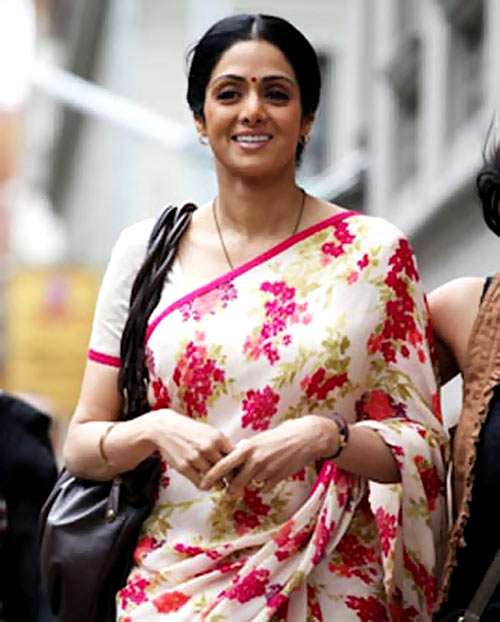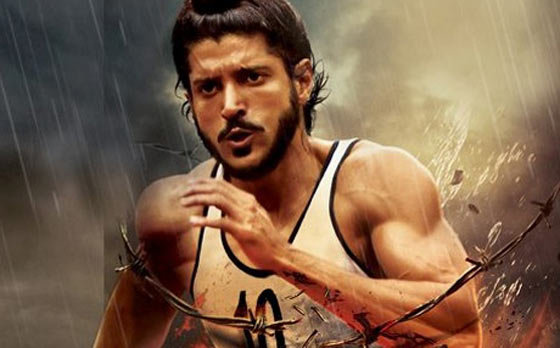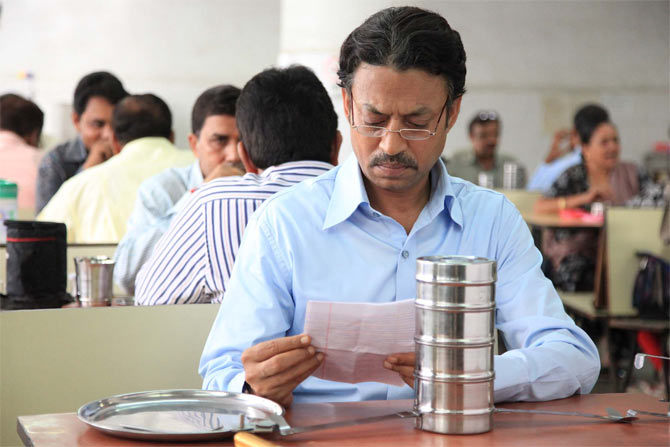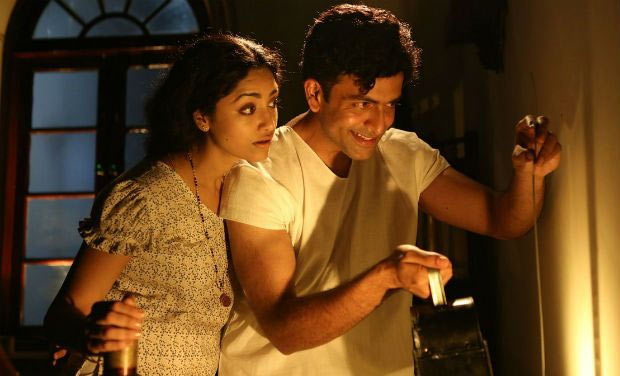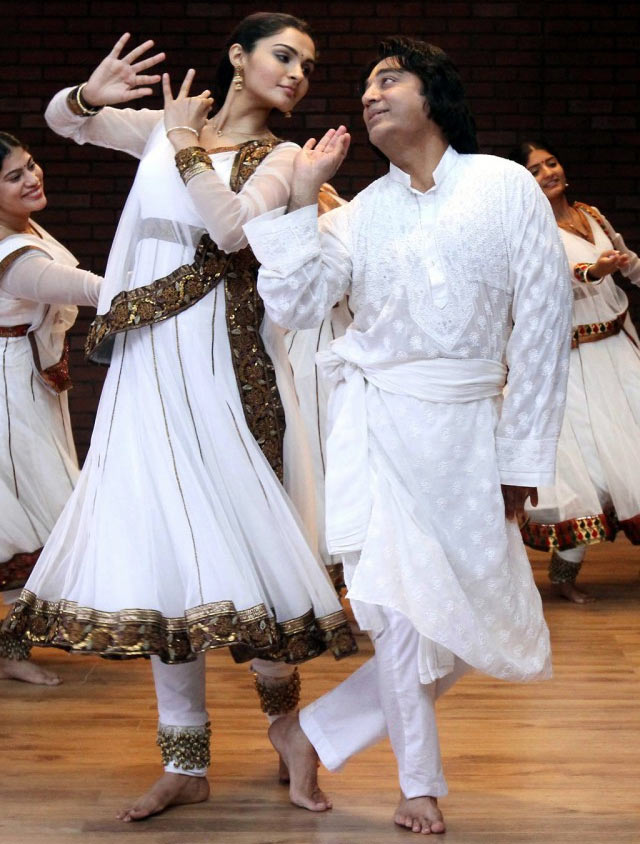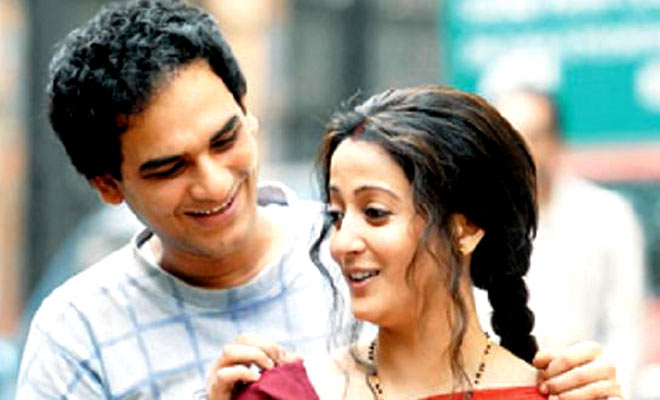 | « Back to article | Print this article |
The Movies that COULD HAVE been India's Oscar entry
The Film Federation of India (FFI) -- that selects films for India's official entry to Oscars' Best Foreign Language Film category every year -- kicked up quite a storm with its choice of film for the 2014 Academy Awards recently.
The fact that The Lunchbox -- that garnered wide acclaim around the world during its many international film festival screenings -- was passed over didn't sit well will the makers, many film critics and viewers, who'd watched the film and loved it.
While the focus has shifted to these two films, here's a look at the shortlist from which the FFI jury -- headed by filmmaker Gautam Ghose -- picked up Gujarati film The Good Road as India's Oscar entry.
English Vinglish
Director: Gauri Shinde
USP: The story of an Indian woman struggling with the English language in a foreign country resonated universally.
Hollywood veteran Robert Redford’s daughter Amy was so impressed with Sridevi's performance that she offered the actress a film with Meryl Streep.
French actor Mehdi Nebbou, who starred in the film, helped make it instantly relatable for global audiences.
What possibly worked against it: Too many Indian references -- ladoos, elaborate Indian-style wedding.
Read the review here.
Please click NEXT for more.
Buy The Good Road DVD right here!
Bhaag Milkha Bhaag
Director: Rakeysh Omprakash Mehra
USP: A truly inspiring tale of an Indian athlete's struggle to rise above his destiny, the film even moved Carl Lewis (former American track athlete), who called up Milkha Singh to congratulate him after watching it.
What possibly worked against it: Too lengthy, too many Indian historical details.
Read the review here.
The Lunchbox
Director: Ritesh Batra
USP: The most popular choice across the board, was hailed by Western critics -- who generally shy away from ‘Bollywood’ films -- at international film festival screenings.
The universal theme of loneliness in urban lives.
What possibly worked against it: Would the Oscar jury warm up to the culture of dabbawallas, and other Mumbai-specific elements?
Read the review here.
Celluloid
Director: Kamal
USP: Pritviraj’s thoughtful performance (as Malayalam filmmaker JC Daniel, hailed as father of Malayalam cinema), the awe-inspiring story of a man who defied social norms and ostracism to make a film.
What possibly worked against it: Too rooted in the Malayalam milieu and goes too far back in time to register as a valid and important work on artistic commitment for the Western audience.
Read the review here.
Viswaroopam
Director: Kamal Haasan
USP: Haasan’s stylish espionage thriller showed the star actor transform from an effeminate Kathak dancer to a national saviour.
Its topical theme could have worked for it, especially with a western audience.
What possibly worked against it: The film was too long and too intricately plotted.
Read the reviews here and here.
Shabdo
Director: Kaushik Ganguly
USP: Ganguly’s film about real-life foley artiste Tarak Dutta (Ritwick Chakraborty), whose obsession with cinematic sound isolates him from the real world, won the national award for Best Bengali Feature Film this year.
The emotional and spiritual template of the film is easy for audiences to comprehend.
What possibly worked against it: The Western audience's understanding of Bengali cinema begins and ends with Satyajit Ray.
Ship Of Theseus
Director: Anand Gandhi
USP: One of those rare well-liked and intelligently made films, Anand Gandhi's Ship of Theseus would work with the Oscar jury with its impressive storytelling technique.
What possibly worked against it: The themes in two of the three subplots in the film are intensely rooted in Indian ethos and the film ends on a rather ambiguous note following a debate on modern moral degeneration.
Read the reviews here and here.
